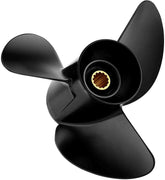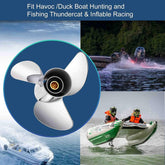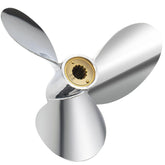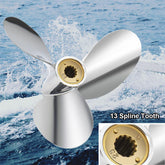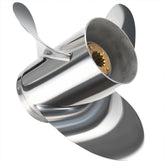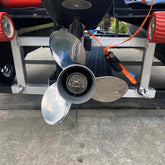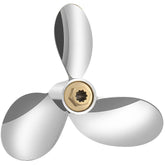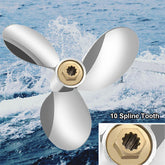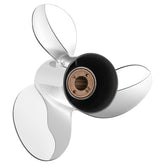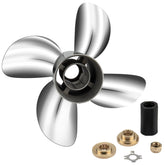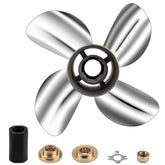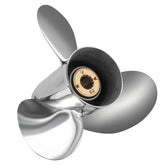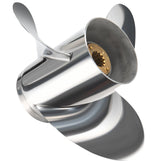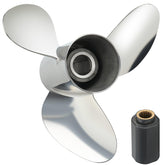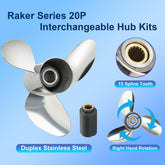Can a Boat Propeller Kill You?
The truth is sobering: boat propellers really can be deadly. Their rapidly moving blades can cause catastrophic injuries, ranging from severe lacerations to bone fractures and, in the worst-case scenario, fatal wounds. All the same, learning the proper safety protocols can dramatically reduce the chance of an accident on the water.
Tools to Enhance Boat Propeller Safety
Essential Safety Equipment
The backbone of propeller safety relies on several crucial pieces of equipment:
Propeller guards serve as physical shields around the blades, creating a protective barrier that significantly reduces injury risk. Engine cut-off switches, often called kill switches, prove invaluable by stopping the engine if the operator falls overboard. Life jackets remain your first line of defense against drowning, while a well-stocked first aid kit can make all the difference in emergencies. Modern GPS and navigation systems help skippers avoid dangerous or congested areas.
Additional Safety Tools
Beyond the basics, savvy boaters often employ underwater monitoring systems like sonar or cameras to spot swimmers or obstacles. Sound signals - from simple whistles to marine horns - help alert others to your presence. Reflective markers prove particularly valuable during dawn, dusk, or nighttime operations.
Steps to Prevent Boat Propeller Accidents
Recognizing and Understanding the Risks
Boat propellers can spin at mind-boggling speeds - thousands of revolutions per minute. Poor visibility, crowded waterways, and challenging weather conditions multiply these inherent risks. The spectrum of potential injuries ranges from minor cuts to life-altering trauma, emphasizing why prevention matters so much.
Preparing Before Heading Out
Regular propeller maintenance stands as your first defense against accidents. Check for damage or unusual wear patterns and ensure rock-solid mounting. Installing protective devices like propeller guards adds an extra safety margin. Always test your kill switch before departure.
Smart route planning through navigation tools helps avoid high-risk areas. Stay clear of swimming zones and busy waterways whenever possible.
Safe Operation Practices
Constant vigilance serves as your best protection. Watch for swimmers, boats, and obstacles, using mirrors to check blind spots. Slow down near docks, marinas, and populated areas - this isn't the place for speed records. Follow local boating rules religiously.
Clear communication saves lives. Brief your passengers on safety protocols and use proper signals when coordinating with other vessels.
Responding to Emergencies
When emergencies strike, quick action matters. Kill the engine immediately if someone's at risk near the propeller. Apply first aid promptly - direct pressure for bleeding and immobilization for injuries. Contact emergency services with precise location details and incident information.
Addressing Common Questions About Propeller Safety
How Frequent Are Propeller-Related Incidents?
The numbers tell a concerning story. U.S. Coast Guard records show hundreds of propeller accidents yearly, with many resulting in severe injuries or deaths. These aren't just statistics - they represent real people and underscore why safety measures matter.
Are Propeller Guards Fully Effective?
While propeller guards significantly reduce risks, they're not magical shields. Think of them as one layer in a comprehensive safety approach that includes vigilance and proper operating procedures.
What Regulations Govern Propeller Safety?
Safety regulations vary between regions, but many areas now require specific protective measures like kill switches. Knowing and following your local rules isn't just about avoiding fines - it's about keeping everyone safe on the water.


